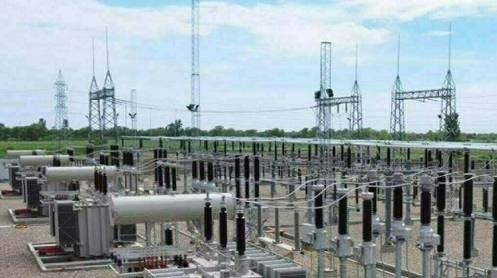ISLAMABAD: The Power Division has assured the National Assembly Standing Committee on Power that it is prepared to terminate agreements with Independent Power Producers (IPPs) if the committee recommends such action.
This statement came just before a meeting of the Senate Standing Committee on Power, which is primarily focused on IPPs. The Senate committee’s chairman believes that the coexistence of Pakistan and IPPs is no longer viable.
The debate on IPP agreements has intensified amid rising electricity prices, substantial capacity payments, escalating circular debt, and increased solarization due to load shedding and high tariffs.
During the Standing Committee meeting, Secretary Power Rashid Mehmood Langrial highlighted the grim state of the country’s power sector, projecting losses of Rs600 billion beyond those approved by the regulator.
Rana Muhammad Hayat suggested terminating the IPP agreements, to which Secretary Langrial responded, “We will follow the Committee’s recommendations. If the Committee advises the cancellation of IPP contracts, we will comply.”
Minister for Power Sardar Awais Ahmad Khan Leghari proposed a thorough review of each IPP’s profile to assess their contract expiration dates, payments received, and overall benefits or costs to the country. He indicated ongoing efforts to address these issues, promising future updates.
Leghari also pointed out the cost disparity between hydel projects and IPPs, noting that hydel project costs are included in tariffs from inception, whereas IPPs receive payments only from their operational start date. He explained that the cost of hydel generation is Rs25 per unit for the first 10 years before it decreases.
Secretary Langrial outlined the power sector’s capacity, revealing an installed capacity of 44,980MW but an effective operational capacity of 22,879MW. He provided a detailed breakdown of operational capacities across various energy sources.
Additionally, he highlighted the role of Discos and K-Electric as tax collection agents for the Federal Board of Revenue (FBR), collecting Rs700-800 billion annually through eight different taxes on electricity bills.
The committee was informed that the circular debt stood at Rs2.393 trillion as of June 30, 2024, with an addition of Rs83 billion. Despite commitments to the IMF to maintain it at Rs2.310 trillion, the government failed to meet this target.
The Power Division also announced plans to privatize Discos, with efforts underway in collaboration with the Privatisation Commission and the World Bank.
Story by Mushtaq Ghumman







